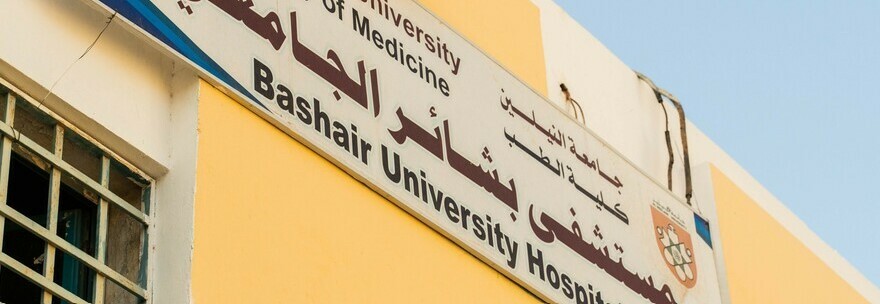The Emergency Room south of Khartoum City has decried the compounding plight of citizens due to the prolonged power and water outages for over two weeks.
In a statement, the Emergency Room expressed fears that the situation in the southern part of Khartoum could aggravate the suffering of patients, especially kidney patients, at Bashair Hospital. It indicated that the southern belt area faces a humanitarian crisis due to the lack of drinking water.
After a more than two-week power outage, all the water wells, which residents rely on as their primary source of water in areas like Mayo, Eid Hussain, Al-Azhari, Al-Salma, and Soba, have ceased functioning.
“The only way to obtain water now is by purchasing it from vendors, with the price of a barrel increasing with distance. In Mayo, a barrel costs between 4,000 and 5,000 Sudanese pounds, while in Eid Hussain, it reaches 6,000 pounds,” the statement said.
The Emergency Room further said that kidney patients in the southern belt and south of Khartoum as a whole are suffering from the soaring prices of dialysis at the centre.
“The price for a single dialysis session at the centre has reached 15,000 pounds. Adding to this suffering is the continuous water shortage for two consecutive weeks, forcing patients to bear the cost of transporting water to the centre by tanker, costing 80,000 pounds per day, shared among session attendees. The cost of dialysis is expected to exceed 100,000 pounds with the ongoing water shortage and the increasing fuel prices for water transportation. Under these complex economic conditions, a dialysis session for kidney patients becomes an elusive dream.”
The Emergency Room in the southern belt is appealing to all citizens and local and international humanitarian organizations to support the kidney dialysis centre. It also calls on activists, journalists and influencers to shed light on the centre and dialysis issues.
Omar Ibrahim, a member of the Emergency Room in the southern belt, stated to Radio Tamazuj, “Electricity has been cut off for two days, and its interruption means a water shortage, as most wells operate on electricity, and what remains operates on gasoline, which is either unavailable or expensive, with the price of a jerry-can reaching 100,000 pounds.”
He added, “The price of a water barrel has reached 7,000 and 10,000 pounds in some areas of the southern belt. The area is also suffering from a medicine crisis, as most life-saving drugs are unavailable.”
The Sudanese army and the Rapid Support Forces (RSF) began battling each other in mid-April last year as tensions over plans for a new political transition.
The conflict has driven nearly 8.5 million people from their homes, creating the world’s biggest displacement crisis, pushed parts of the 49-million population close to famine, and triggered waves of ethnically driven killings and sexual violence in the western region of Darfur.
About 13,900 people have been killed since the fighting broke out, according to data recorded by the Armed Conflict Location & Event Data Project.




